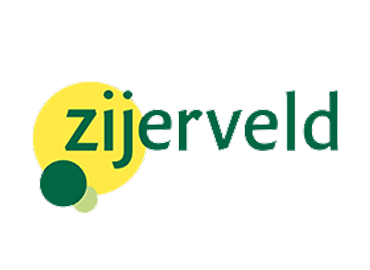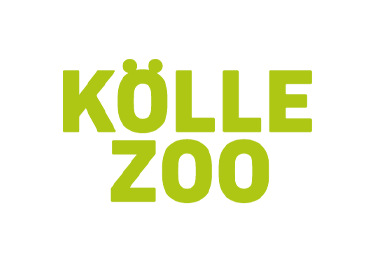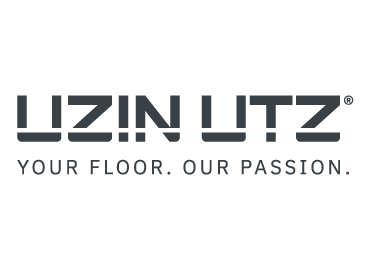Crafting the future of cheese with data-driven precision
In late 2017, Zijerveld chose Contentserv to drive their digital transformation, with implementation completed in partnership with XSARUS by October 2018. The Contentserv Product Experience Cloud enabled Zijerveld’s data management team to unify their data on a single platform, creating centralized workflows, optimizing standards, and integrating essential systems, including their ERP. This comprehensive solution streamlined onboarding processes for suppliers, ensuring data quality through robust error checks and real-time alerts for data inconsistencies.
With centralized product data, every department, from commerce to specifications, gained immediate access to accurate, updated information, accelerating product-to-market timelines and greatly enhancing efficiency. The specifications department, managing vital data, saw significant benefits in reducing time spent on data entry and improving data accuracy, allowing faster, more reliable product releases.
Through enhanced data governance and stewardship, Zijerveld now meets compliance with food safety laws and GS1 standards, critical for both consumer safety and retailer-specific requirements. Automation within Contentserv has cut down manual work, raising data quality and supporting Zijerveld’s information supply chain.
Additionally, the Digital Asset Management (DAM) component of Contentserv empowers Zijerveld to store, retrieve, organize, and edit digital assets in a single, organized location, making it easy to respond to changing consumer demands. Equipped with this digital backbone, Zijerveld is set to lead the industry as a global innovator in cheese production.







